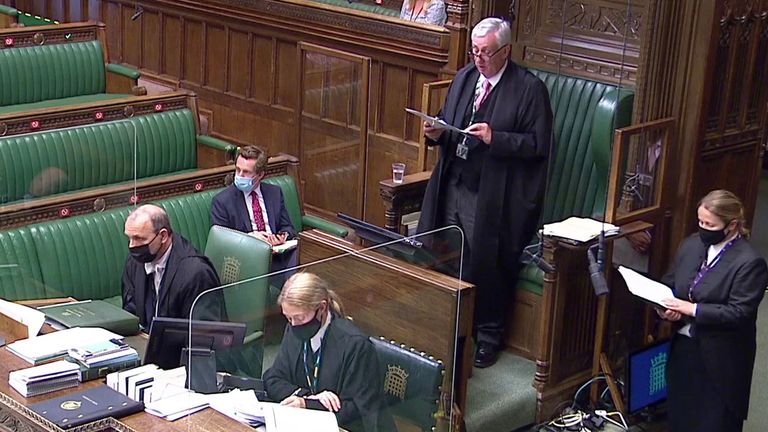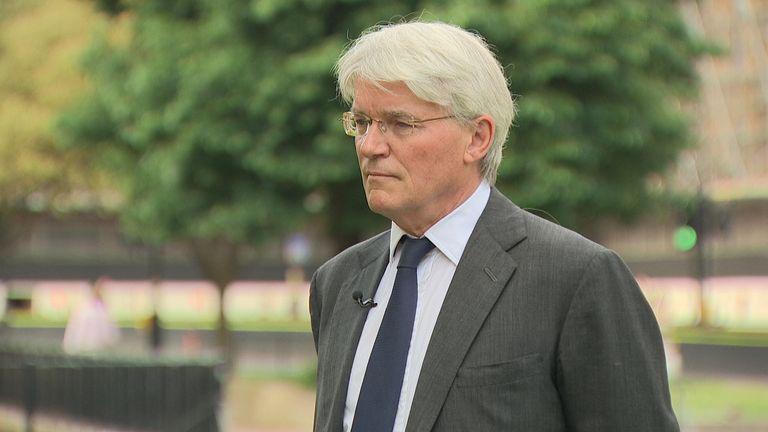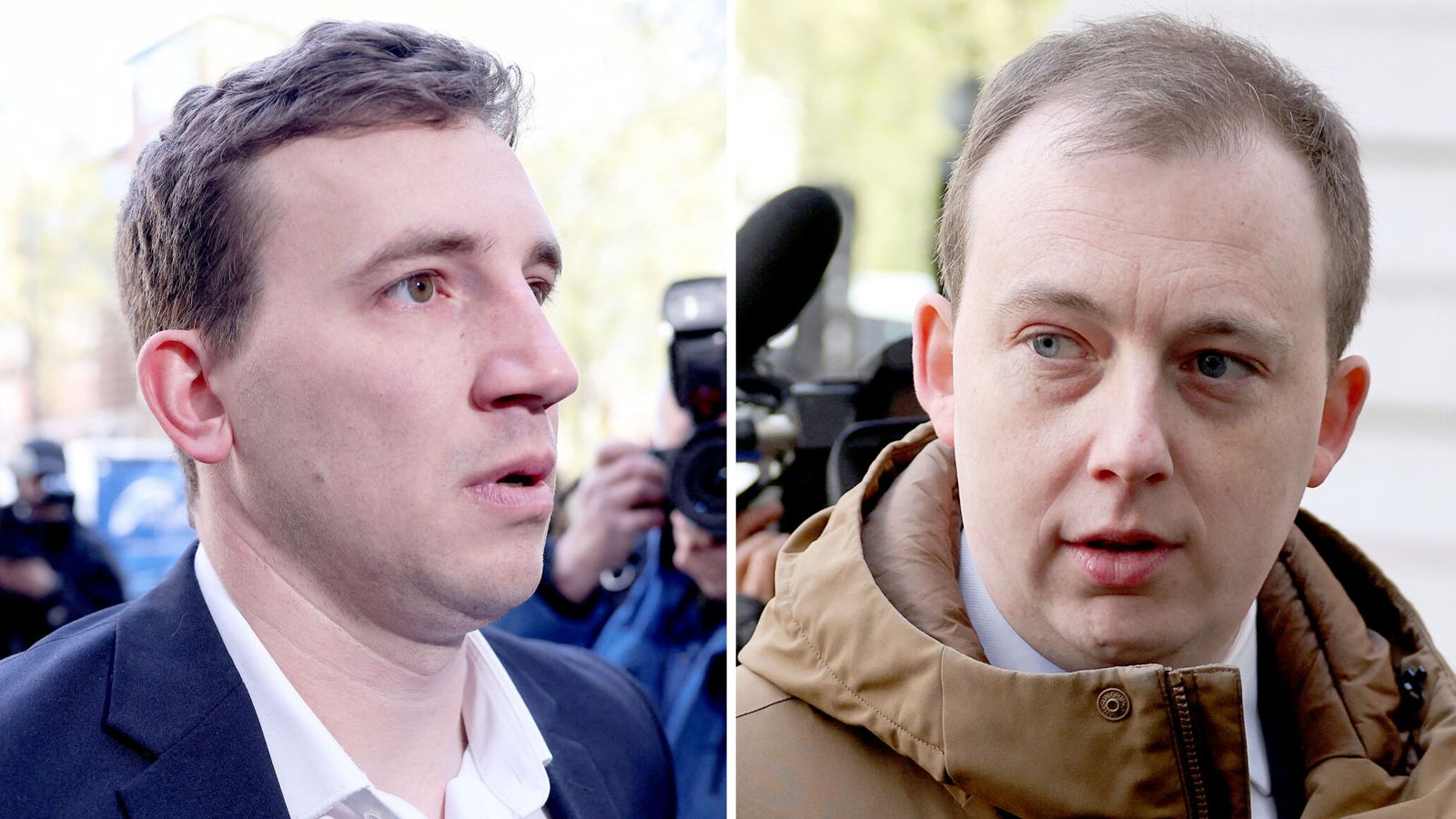Seldom has a ruling by the Speaker of the House of Commons been so eagerly anticipated by MPs.
During the Brexit wars of a couple of years ago, pro-Remain John Bercow could be relied upon to deliver rulings to cause maximum turmoil and embarrassment for the government.
Sir Lindsay Hoyle is a much less partisan figure, however, and when he has to made a tricky or controversial ruling he relies on the advice of the Commons clerks and legal bods. Mr Bercow used to overrule them.
So when he had to rule on Tory MP Andrew Mitchell’s bid to use a piece of legislation on science research to reverse Boris Johnson’s overseas aid cut, cricket fan Sir Lindsay played a straight bat.
It wasn’t in order, he declared, to almost no-one’s surprise.
What was more surprising was Sir Lindsay’s angry attack on the government at the end of his ruling. From straight bat to bowling the prime minister a hostile bouncer.
First he encouraged Mr Mitchell and his supporters to apply for an emergency debate on the aid cut, which he duly did and now MPs will have three hours to attack the government. A free hit for the PM’s critics.
Then he rounded off his statement with some furious finger pointing at the government frontbench as he bluntly ordered ministers to hold a vote on the aid cut without delay – or he’d connive with MPs to find a way to hold one.
“I wish and hope, very quickly, that this is taken on board,” the normally cheery Sir Lindsay warned, his lip curling with disdain for the government’s attempts to dodge a vote.
“I don’t want this to drag on,” he said. “If not, we will then look to find other ways in which we can move forward.”
Then when Sir Lindsay’s deputy, Nigel Evans, tested support for Mr Mitchell’s application for an emergency debate, no-one rose to their feet quicker than former prime minister Theresa May, who was seated just a few rows further forward.
She was one of around 30 Conservative MPs who had put their names to the Mitchell new clause to the Advanced Research and Invention Agency Bill, a Dominic Cummings legacy, no less. What an ironic twist.
The Tory rebels included old bruisers like David Davis and Sir Edward Leigh, but cabinet ministers from the May years like Jeremy Hunt and Damian Green and MPs from both the Brexit and Remain wings of the party.
In his response to Sir Lindsay’s ruling and then in his bid for an emergency debate, Mr Mitchell claimed that had the vote gone ahead he would have won by nine or possibly 20 votes. He reminded MPs, of course, that he is a former chief whip.
Really? That assumes all the Conservative MPs who put their names to his new clause would have trooped into the Aye lobby with Labour, the Lib Dems and the SNP. Would Mrs May – victim of dozens of bruising rebellions as PM – go that far?
She has form for voicing her objection to a Boris Johnson policy and then absenting herself from a vote, no doubt because of a pressing engagement elsewhere.
Former prime ministers tend not to rebel, with the exception of Ted Heath during the Thatcher years. Not for nothing was he known as “the incredible sulk”.
Talking of ex-prime ministers, the Tories’ 0.7% aid spending pledge is a legacy of David Cameron’s time as Tory leader.
It was even written into law in 2015, as Sir Lindsay reminded MPs. That’s presumably why Mr Cameron’s former bag-carrier Sir Desmond Swayne was among the rebels.
Not that they would accept that they’re rebels. Since 0.7% was a Tory manifesto pledge, they’ve claimed throughout this row that they’re the loyalists.
Not sure that’s how the current chief whip, the burly, ruddy-faced Nottinghamshire farmer Mark Spencer, would see it.
With Mr Mitchell’s new clause ruled out of order, the debate that followed was a dismal anti-climax.
But hostilities will resume in the emergency debate and if and when the government brings forward a proper vote on the aid cut.
Sir Lindsay will no doubt continue to play a straight bat. But his mood suggests he is growing tired of the prime minister dodging the umpire’s rulings.












